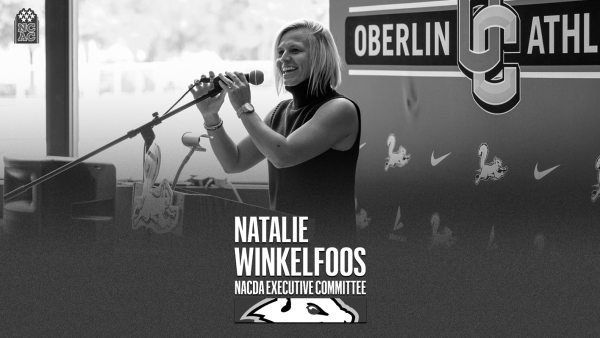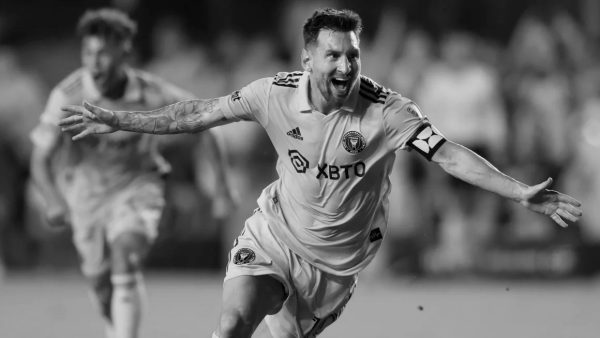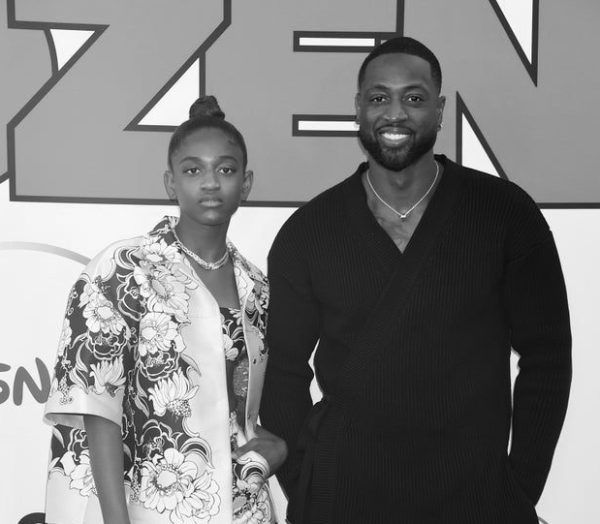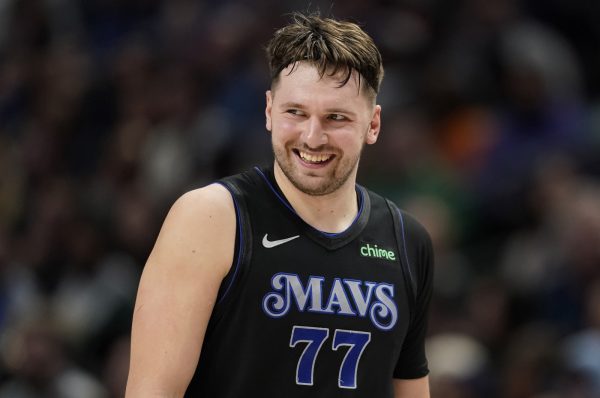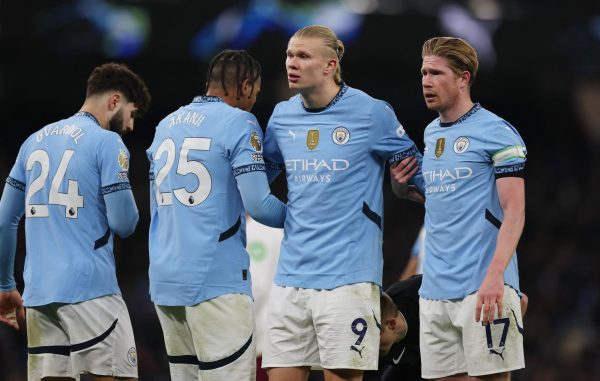I Kneel to Start a Conversation
I’ve played sports all my life. This is mostly thanks to my dad, who saw sports as a great way for me to stay healthy, as well as one way to make myself stand out during the college process. For me though, above all else, participating in sports has been about having fun. From recess in elementary school to my high school varsity games, I’ve had the privilege to win and lose many exhilarating games of capture the flag, dodgeball, football, soccer, and — of course — lacrosse. Now that I’m finally here at the college level, I play lacrosse for Oberlin not out of some obligation or necessity, but because it’s something that I love doing.
But who I am is much more than the sport I play. Just like every Oberlin student, I have goals that I wish to pursue throughout my education here. I came to Oberlin to improve my ability to help the powerless and oppressed in our society. That’s my goal: Through self-improvement, I wish to help people less privileged than myself and create a more equal society.
As a straight white man in America, I represent what our culture considers the pinnacle of privilege. I do not face racism like people of color do, nor do I receive the homophobic or sexist remarks millions of people around the world do every day. I am also fortunate enough to be supported by many loving family members and friends who inspire me to do the best I can and do the right thing. It’s not fair that others be treated any differently, and I wish to help combat inequality and injustice in its many forms.
One way that I fight is by taking a knee during the national anthem at my lacrosse games. I kneel in support of Colin Kaepernick’s protest against racial inequality in America. I kneel to mourn the deaths of Black people like Eric Garner and Trayvon Martin, whose murderers were not punished for their crimes. I kneel in solidarity with athletes across the U.S. who were labeled “sons of bitches” by our president. But above all else, I kneel out of desire to start a conversation amongst white people about race in America.
I see my simple yet noticeable action as a means to raise awareness of the current racism and bigotry that plagues this country after centuries of slavery and continued segregation. However, it would be ignorant of me to think that everyone shares my point of view. I currently have family in the U.S. military, and I understand the perspective of those who view my protest as disrespectful. With that said, I don’t see enough privileged, powerful people doing what I am doing. I want to make an effort to increase the racial fluency of white people who do not feel like they can talk about race. POC should not be the only ones fighting back against said injustices.
My reasons for taking a knee do not end with racial inequality. In my final class with my favorite high school teacher, Mr. Baker — a Jewish man who lost family in the Holocaust — I read about many people who had the opportunity to do the right thing but didn’t out of fear. When I ask myself what I would’ve done in the shoes of the men and women who were “just following orders,” I wondered if I would’ve had the courage to do what I thought was right.
One of the core reasons why I take a knee during the anthem is connected with what I took away from this class with Mr. Baker. If I don’t do what I think is right because I might be met with backlash, then what kind of person am I? I’d be a bystander, someone who had the opportunity to follow through with what I believed in, but didn’t have the courage to do it. For me, it’s not about the game. It’s not about what division my team is in, or about how many times we’ve won or lost. It’s not about how much playing time I get or my skill as a lacrosse player, and it’s not about the color of my skin. If I am the man I say I am, I should do what many people throughout history have failed to do: not be a bystander and stand up for — or in this case take a knee for — others by starting these necessary conversations.



